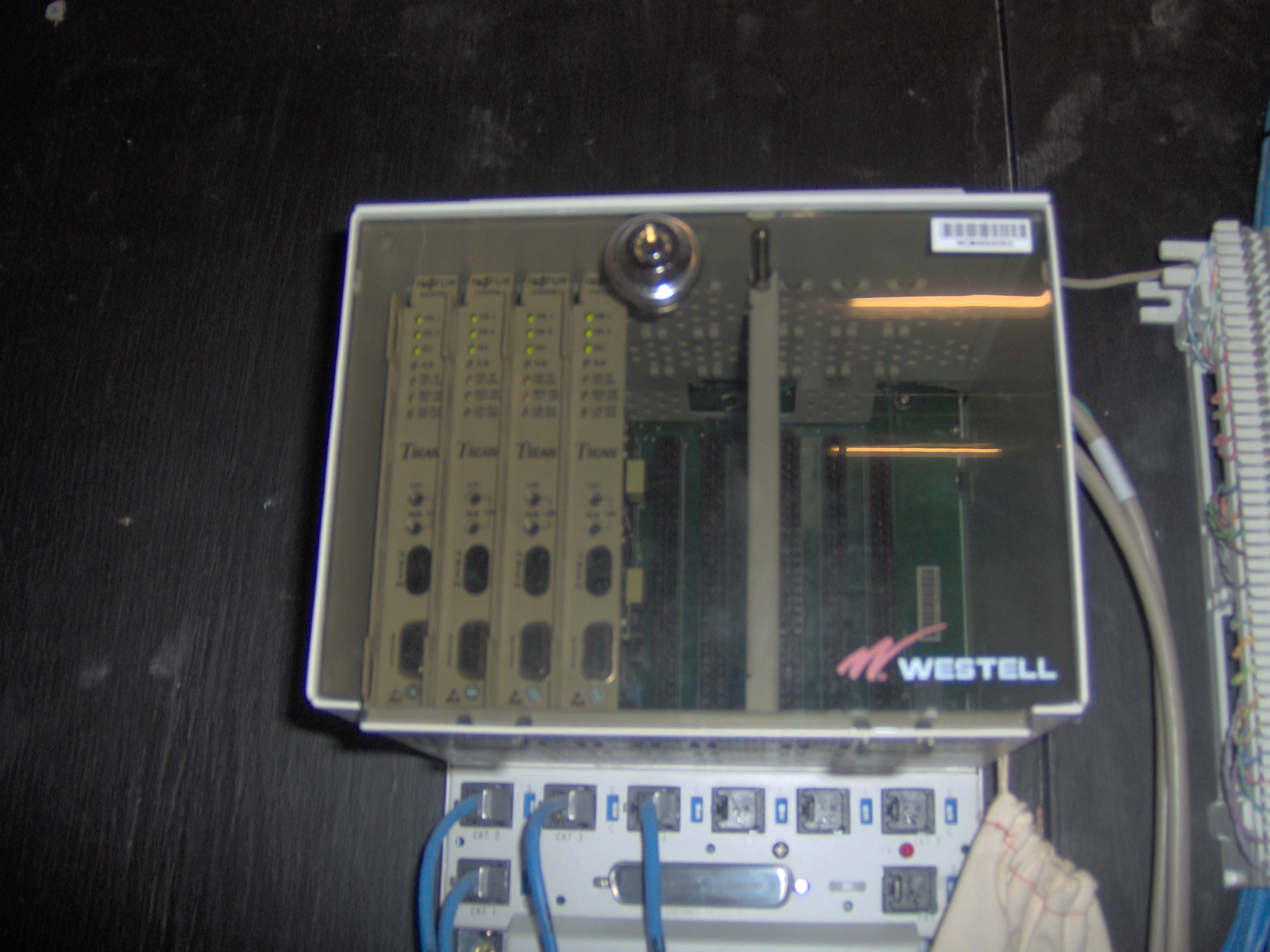In today’s digital world, reliable and efficient communication infrastructure is critical for businesses, including hotels, to operate smoothly. Among the various components that make up this infrastructure, one that often goes unnoticed but plays a crucial role is the smart jack. Smart jacks, also known as Network Interface Devices (NIDs), are essential elements in telecommunication networks, providing a bridge between the public telephone network and the internal network of a building. This article delves into what smart jacks are, their functions, and why they are vital for maintaining a robust communication system in your hotel or business.
Table of Contents
What is a Smart Jack?
A smart jack is a network interface device provided by telecommunication companies that connects the internal network of a building to the external public network. Unlike traditional jacks, smart jacks come with additional features that enhance the reliability and manageability of network connections.
Smart jacks are typically installed at the point where the external telecommunications network enters the building, often in a telecom room or a dedicated network closet. They serve as the demarcation point, marking the boundary between the service provider’s responsibilities and the customer’s internal network.
Key Functions of Smart Jacks
- Line Conditioning:
- Signal Regeneration: One of the primary functions of a smart jack is to regenerate signals to ensure they remain strong and clear over long distances. This is especially important in large buildings, where signals may degrade as they travel through extensive cabling.
- Line Monitoring: Smart jacks continuously monitor the quality of the communication line. They can detect issues such as line noise, signal loss, or other anomalies that could affect the performance of the network.
- Troubleshooting and Diagnostics:
- Remote Diagnostics: Smart jacks allow telecom providers to perform remote diagnostics, identifying and resolving issues without needing to send a technician onsite. This can significantly reduce downtime and improve service reliability.
- Loopback Testing: Smart jacks can initiate loopback tests, where the device sends a signal out and then loops it back to test the integrity of the line. This helps in quickly diagnosing and pinpointing issues in the network.
- Network Protection:
- Surge Protection: Smart jacks often include surge protection features that safeguard the internal network against voltage spikes and electrical surges, which can occur during storms or power outages.
- Isolation: They isolate the customer’s internal network from the provider’s network, preventing any issues on one side from affecting the other.
- Alarms and Notifications:
- Fault Indication: Smart jacks can generate alarms or notifications if they detect a problem with the line. These alerts can be sent directly to the network administrators or the service provider, enabling quick response to potential issues.
- Status Indicators: Many smart jacks are equipped with LED indicators that provide at-a-glance information about the status of the network connection, making it easier for technicians to identify and address problems.
Why Smart Jacks Are Vital for Hotels and Businesses
In a hotel environment, where guest satisfaction and operational efficiency are paramount, the reliability of communication systems cannot be overstated. Smart jacks play a crucial role in ensuring that these systems function smoothly.
- Enhanced Reliability:
- By regenerating signals and providing continuous line monitoring, smart jacks help maintain a strong and stable connection, which is essential for various hotel operations, including reservations, guest services, and security systems.
- Minimized Downtime:
- The ability to perform remote diagnostics and initiate loopback tests means that issues can be identified and resolved quickly, often before they impact hotel operations. This minimizes downtime and ensures that communication systems are always available when needed.
- Cost Efficiency:
- By reducing the need for onsite visits from telecom technicians, smart jacks can lower maintenance costs and improve the overall efficiency of network management. This is particularly beneficial for hotels, where operational budgets are often tight.
- Safety and Compliance:
- With built-in surge protection and network isolation, smart jacks help protect your hotel’s internal network from external threats, ensuring that critical systems remain operational even during adverse conditions. This contributes to both safety and regulatory compliance.
- Improved User Experience:
- A reliable communication network is directly linked to the quality of service provided to users. From fast internet access to clear phone calls and seamless operation of smart room controls, smart jacks help maintain the high standards that users expect.
Conclusion
Smart jacks are a fundamental component of modern telecommunication networks, providing essential functions that enhance the reliability, manageability, and safety of communication systems. For hotels, investing in smart jacks is a step towards ensuring that your network infrastructure can meet the demands of both your operations and your guests. By understanding the role of smart jacks and integrating them into your hotel’s communication strategy, you can help ensure a seamless and efficient operation that enhances guest satisfaction and supports your business’s long-term success.

